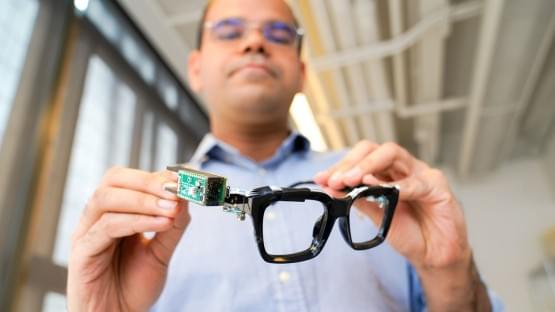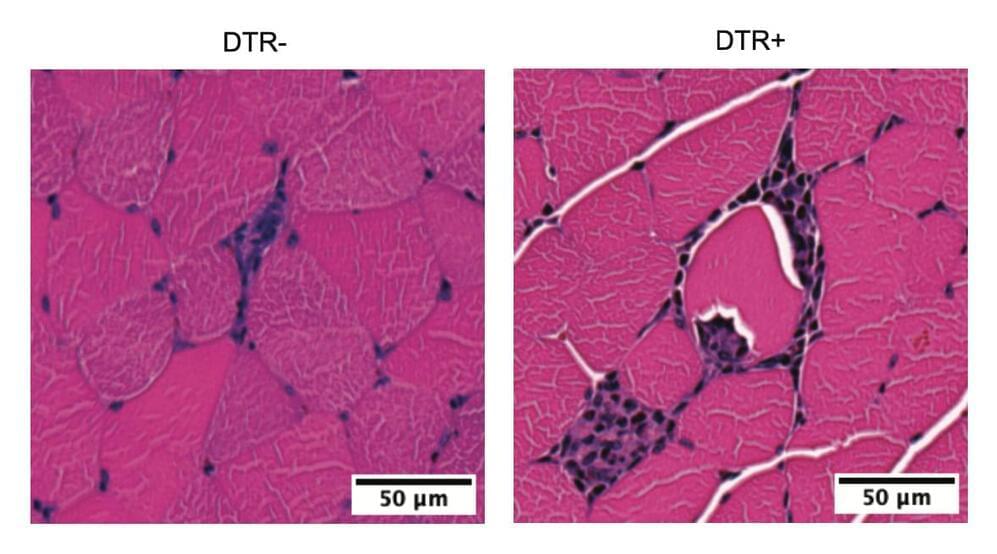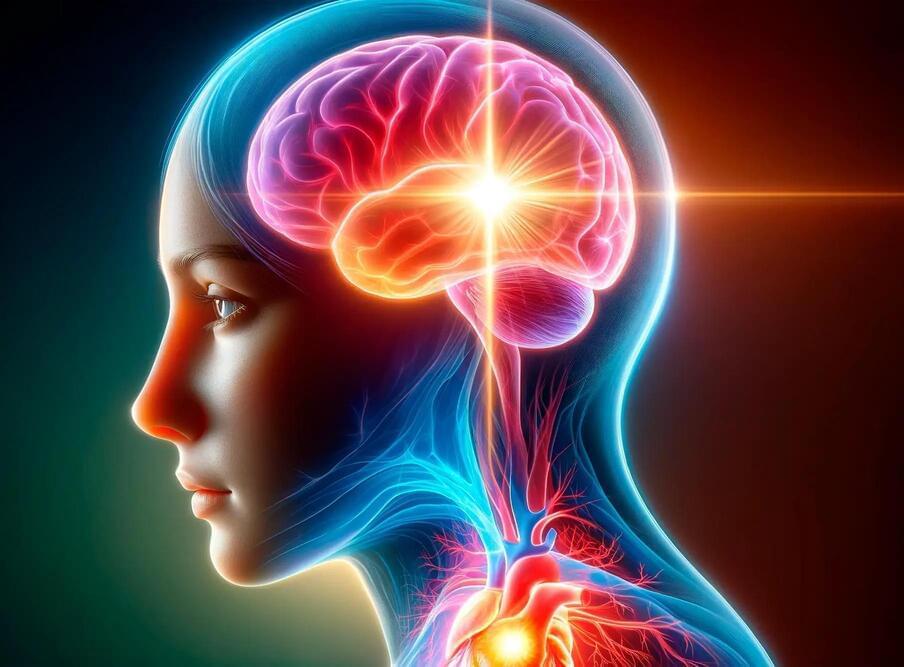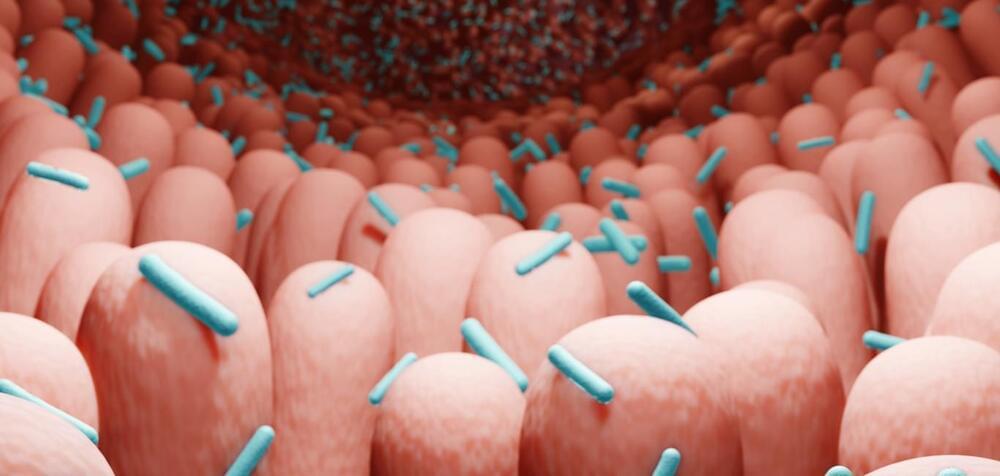YouTube will soon make users add a disclaimer when they post artificial intelligence-generated or manipulated videos.
In a company blog post, the video giant outlined its forthcoming rule change that will not only require a warning label, but will display disclaimers larger for certain types of “sensitive” content such as elections and public health crises.
As Bloomberg reports, this change at the Alphabet-owned company comes after a September announcement that election ads across the firm’s portfolio will require “prominent” disclosures if manipulated or generated by AI — a rule that’s slated to begin mid-November, the outlet previously reported.








